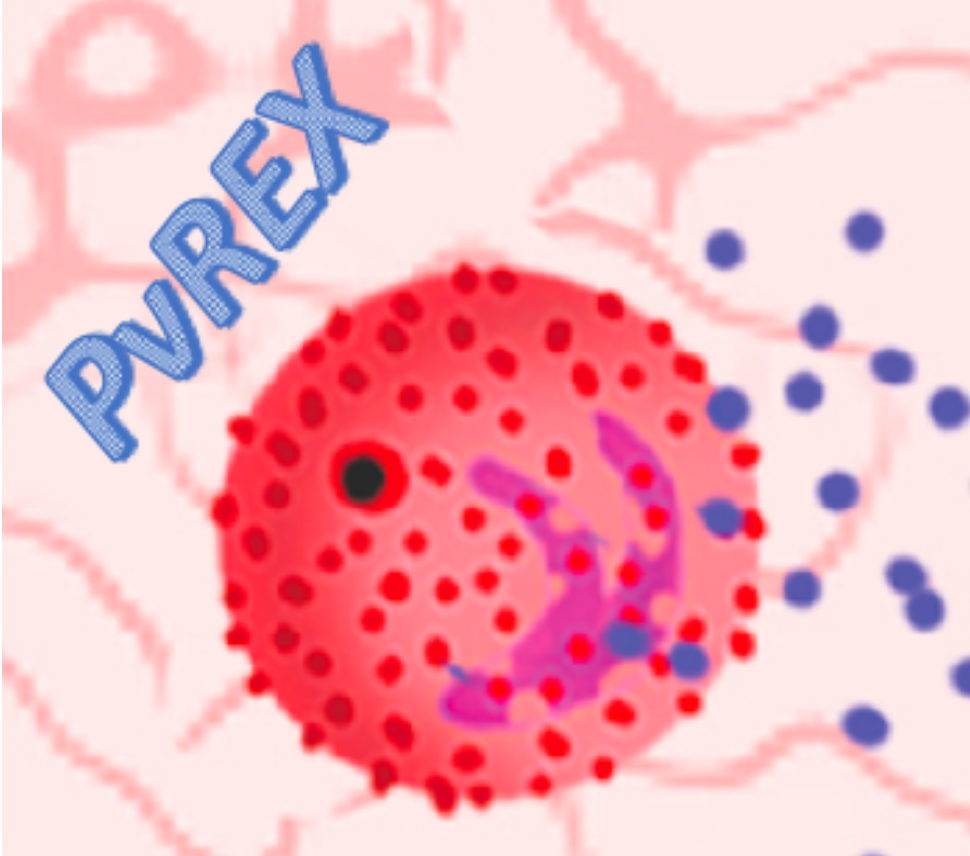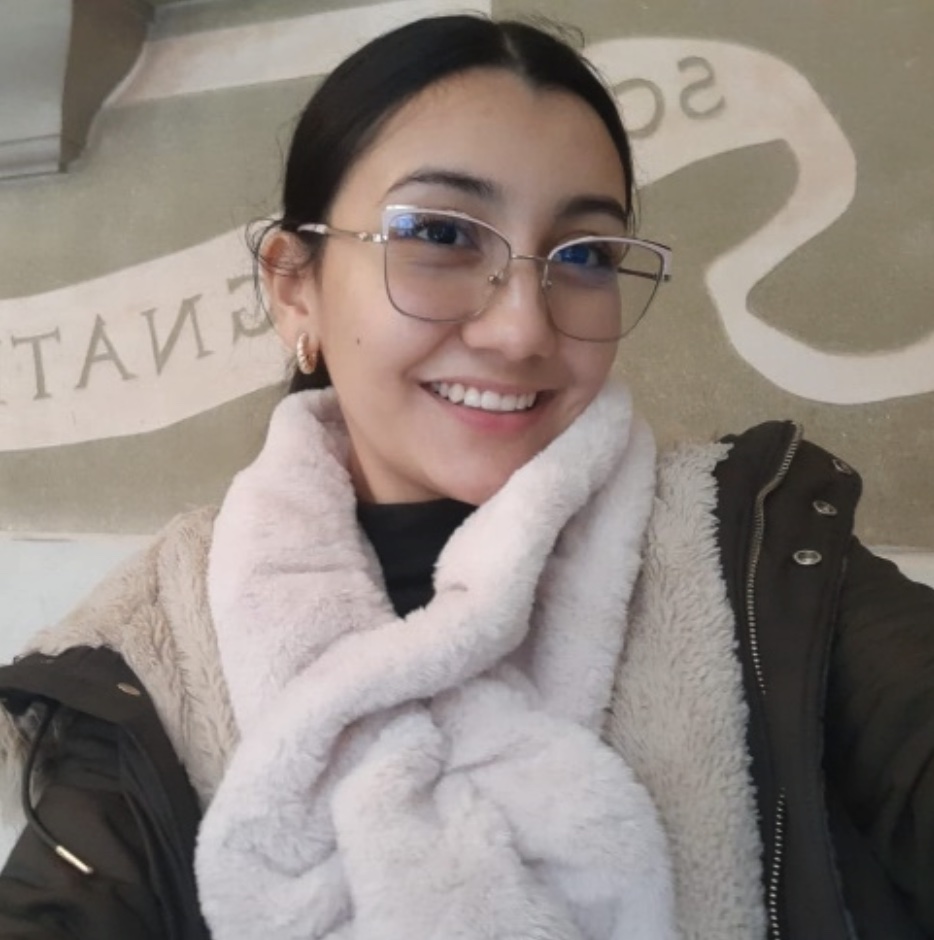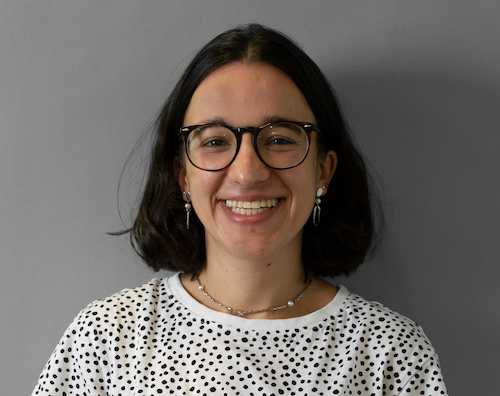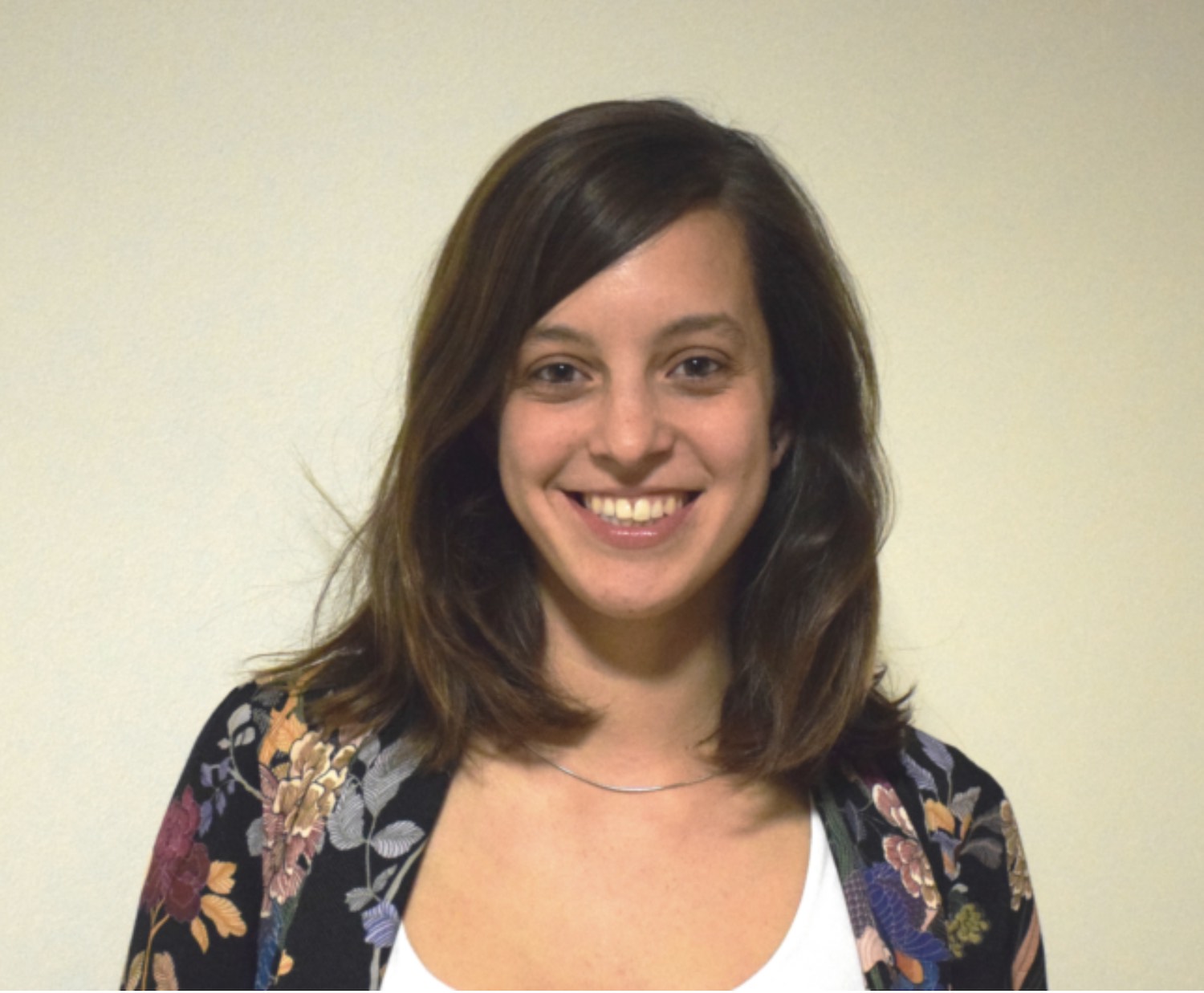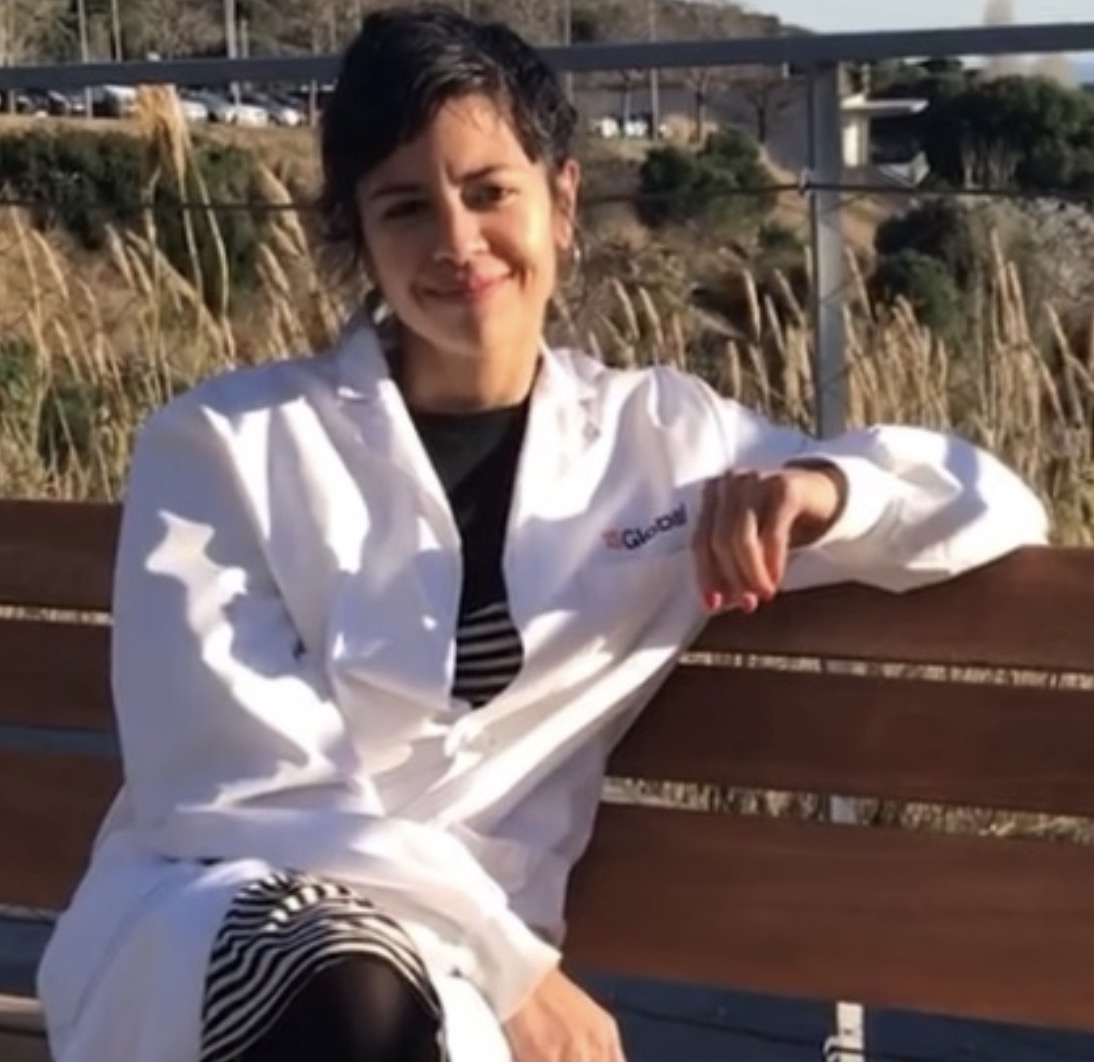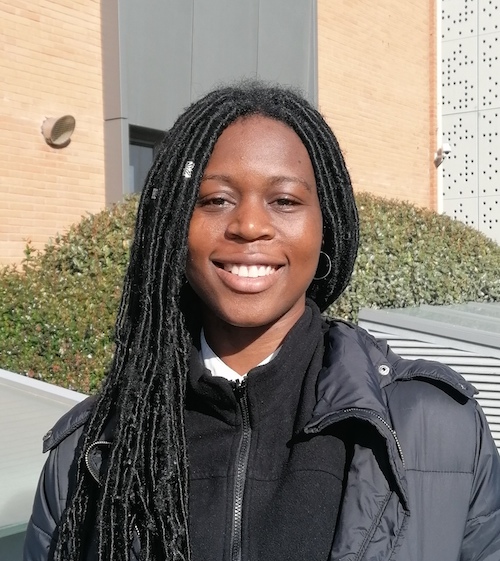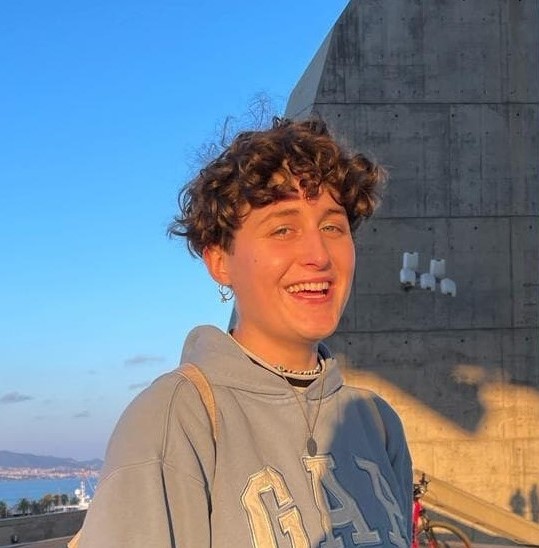Maria del Rosario Correa Giraldo is currently an undergraduate at the University of Cordoba in Colombia studying Bacteriology. She joined the PVREX group to do her final year project, where she was working on the characterization of extracellular vesicles (EVs) derived from Plasmodium vivax in culture supernatant. She’s interested in learning more about EVs, infectious diseases and malaria.
Bárbara Teixeira (Predoctoral Fellow IMM)
Bárbara graduated in Biochemistry at the University of Trás-os-Montes e Alto Douro (Vila Real, Portugal). She then moved to Coimbra, where she obtained an MSc in Cellular and Molecular Biology at the University of Coimbra, Portugal. Her research career started during her Master’s studies at the Microbial and Molecular Biotechnology Group, led by Dr Isaura Simões. There, she worked with an aspartic protease from Rickettsia conorii (APRc), namely aiming to clarify the autoprocessing and function of this rickettsial protease in mammalian cells. Barbara has been recently accepted at the Lisbon Biomedical and Clinical Research PhD Program (LisbonBioMed) at the Faculty of Medicine of the University of Lisbon. Her PhD project which aims at detecting and diagnosing the liver stage of Plasmodium infection using extracellular vesicles, is being supervised by Dr Hernando del Portillo as well as Dr Maria M. Mota and Dr Miguel Prudêncio from the Instituto de Medicina Molecular – João Lobo Antunes (iMM, Lisbon, Portugal).
Núria Cortés Serra (Predoctoral Fellow)
Núria Cortés Serra graduated in Biochemistry and Pharmacy in the University of Barcelona. At the same university, she studied the “Master of Clinical Research: International Health Track”. Her master’s thesis, performed at ISGlobal under the supervision of Dr Juan Bustamante, was on new diagnostic methods for Chagas disease. After finishing the Master Degree, she was awarded a grant from the Spanish Agency for International Development Cooperation (AECID) to perform research in the field. She went to Bolivia, where she worked in collaboration with the Pan American Health Organization (PAHO) and the Bolivian Ministry of Health coordinating the project “Strengthening Bolivian Pharmacovigilance system: new therapeutic strategies to improve health of Chagas Disease and Tuberculosis patients”. After finishing the project, she joined the Chagas Initiative of ISGlobal team. Currently, she is a PhD student under the supervision of Dr. Carmen Fernández and Dr. Maria Jesús Pinazo. Her PhD project aims to find potential biomarker candidates for the evaluation of therapeutic response and disease outcome in chronic Chagas Disease using extracellular vesicles.
Iris Aparici Herraiz (Predoctoral Fellow)
Iris Aparici Herraiz graduated in Microbiology at Autonomous University of Barcelona in 2015. As an undergraduate student she did an internship in Microbiological Analysis Service at the Hospital Universitari de la Vall d’Hebron (Barcelona) in 2014. Her interest in immunology led her to study the MSc in Advanced Immunology at University of Barcelona in 2016. On her master thesis she studied the role of MDA5 promoter in Aicardi-Goutières syndrome. Currently, she is a student in the Medicine and Translational Research PhD Program at University of Barcelona. Her PhD thesis aims to demonstrate that reticulocyte-derived exosomes (REX) from infections mediate signalling mechanisms between the bone marrow and the spleen to compensate from bone marrow anaemia through extramedullar haematopoiesis.
Melisa Gualdrón López
Melisa Gualdrón-López is a molecular parasitologist interested in Neglected Tropical Diseases. During her career she has specialized in the study of Trypanosomatid parasites: Leishmania mexicana (parasite responsible for cutaneous Leishmaniasis in the New World), Trypanosoma brucei, the etiologic agent of human Sleeping Sickness in Africa and T. cruzi, the parasite that causes Chagas Disease. Her research has focused in understanding the parasites energy metabolism with the objective of identifying chemotherapeutic targets. She is also interested in host-parasite interactions and in the immune response mechanisms that fight infections caused by Malaria parasites. In 2016, she joined the PVREX group to study extracellular vesicles derived from Plasmodium vivax humanized mice models aiming to identify potential biomarkers of latent liver infections.
https://orcid.org/0000-0002-8202-6751
https://www.linkedin.com/in/melisa-gualdr%C3%B3n-l%C3%B3pez-588116181/
Dulce Torres (Masters student)
Dulce graduated in Biomedical Sciences at the University of Barcelona. She is currently studying an MSc in Clinical Research in International Health at ISGlobal & the University of Barcelona in order to complement her undergraduate studies with a more global view of health. Her interests focus on research related to infectious diseases affecting low and middle income countries. She is doing her Master’s internship at the PVREX group on extracellular vesicles as biomarkers of severity in malaria caused by Plasmodium falciparum.
Deborah Ekome (Masters Student)
Deborah graduated in Biochemistry at the University of Barcelona. She is currently undertaking an MSc in Clinical Research, specializing International Health at ISGlobal and the University of Barcelona. She has recently joined the PVREX Group to do her Master’s final project, where she is working on PvLDH and its correlation with extracellular vesicules in Plasmodium vivax. Her interest focuses on infectious diseases in low to middle income countries.
Pia Dernick (ERASMUS student – Humboldt Universität zu Berlin)
Pia Dernick is currently in her last year of her Bachelor’s Degree in Biology at the Humboldt Universität zu Berlin, where she developed a great interest in parasitology and especially in studying malaria. She has recently joined the PVREX group to do her Bachelor’s project, where she is working with transgenic Plasmodium falciparum in order to study the role of exosomes in cryptic niches in bone marrow and spleen. She is interested in learning more about infectious diseases, malaria and gaining insight into working in a molecular biology laboratory.
